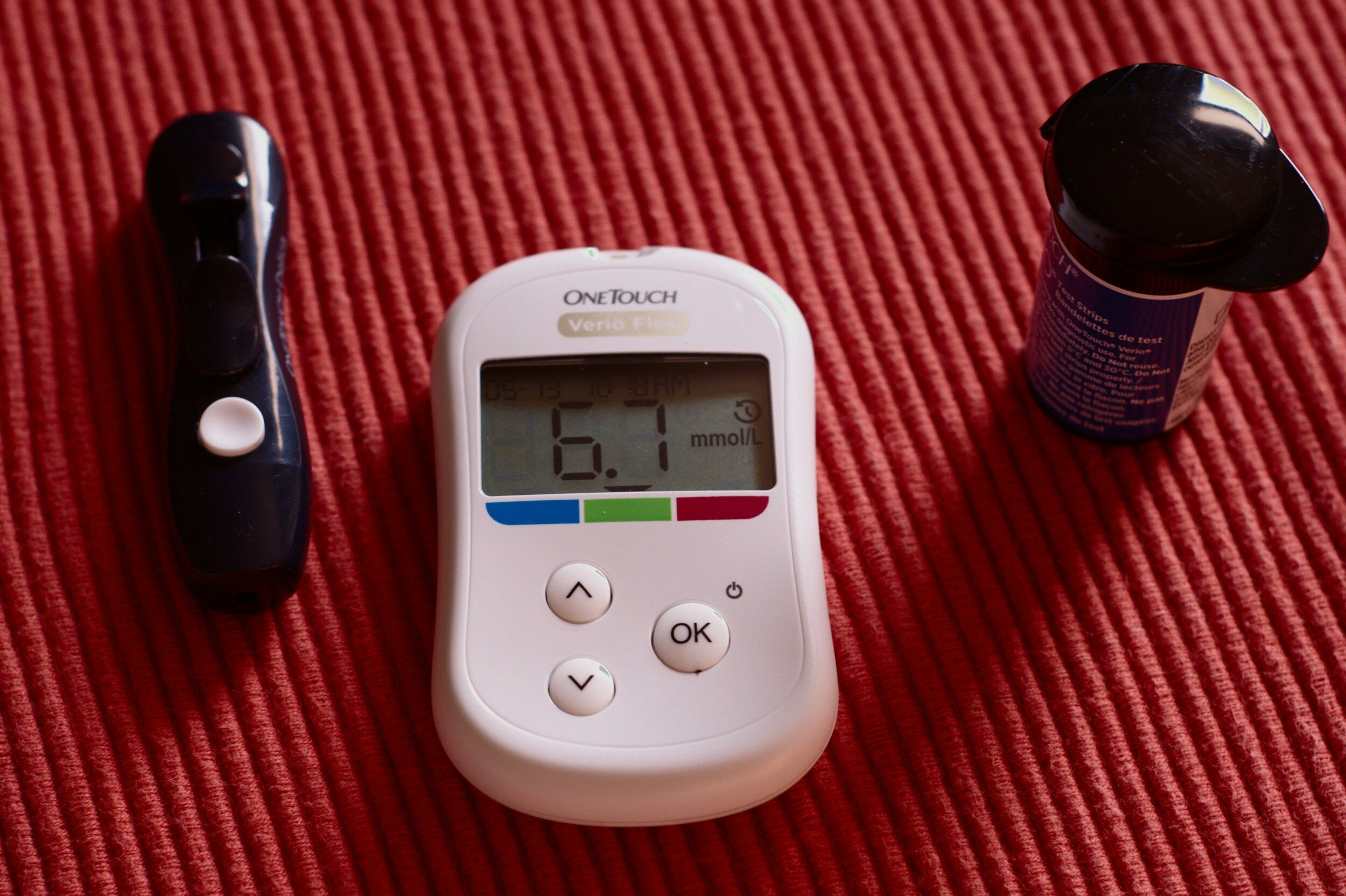The Importance of Sleep
The Impact of Poor Sleep on Health and Lifespan
Lack of sleep or poor sleep quality is a prevalent issue in today's society, often overlooked or seen as a minor inconvenience. However, the effects of insufficient or disrupted sleep on overall health and lifespan are profound and far-reaching. Numerous studies have highlighted the negative consequences of inadequate sleep on both physical and mental well-being.
The Importance of Sleep
Sleep is a crucial component of a healthy lifestyle, alongside proper nutrition and regular exercise. It is during sleep that the body repairs and rejuvenates itself, crucial for maintaining optimal cognitive function, emotional well-being, and physical health. The National Sleep Foundation recommends that adults aim for 7-9 hours of quality sleep each night to support overall health and well-being.
Health Implications of Poor Sleep
**1. ** Cardiovascular Health:
Poor sleep has been linked to an increased risk of heart disease, hypertension, and stroke.
Sleep deprivation can lead to higher levels of stress hormones and inflammation, contributing to the development of cardiovascular issues over time.
**2. ** Metabolic Health:
Lack of sleep disrupts the body's hormone balance, affecting appetite regulation and metabolism.
Sleep deprivation is associated with weight gain, insulin resistance, and an increased risk of developing type 2 diabetes.
**3. ** Cognitive Function:
Inadequate sleep can impair cognitive function, memory retention, and decision-making abilities.
Chronic sleep deprivation has been linked to a higher risk of neurodegenerative diseases such as Alzheimer's.
**4. ** Mental Health:
Poor sleep is closely linked to mental health conditions such as depression, anxiety, and mood disorders.
Sleep disturbances can exacerbate existing mental health issues and make it harder to cope with daily stressors.
**5. ** Immune Function:
Quality sleep is vital for a healthy immune system, as it helps the body fight off infections and illnesses.
Chronic sleep deprivation weakens the immune response, making individuals more susceptible to infections and delaying recovery.
Impact on Longevity
The cumulative effects of poor sleep on overall health can significantly impact an individual's lifespan. Studies have shown that consistently getting less than the recommended amount of sleep can shorten life expectancy and increase the risk of premature death. Chronic conditions resulting from inadequate sleep, such as cardiovascular disease, obesity, and diabetes, can further reduce longevity.
Improving Sleep Quality and Duration
Addressing poor sleep habits is crucial for improving health outcomes and increasing lifespan. Here are some tips to promote better sleep:
Establish a Consistent Sleep Schedule: Go to bed and wake up at the same time every day, even on weekends.
Create a Relaxing Bedtime Routine: Engage in calming activities before bed, such as reading or meditating, to signal to your body that it's time to sleep.
Optimize Your Sleep Environment: Ensure your bedroom is dark, quiet, and cool to promote restful sleep.
Limit Screen Time: Avoid screens (phones, computers, TVs) at least an hour before bed, as the blue light can disrupt your body's natural sleep-wake cycle. Using blue light blocking glasses as around sun set can help massively as well as dimming your lights.
Practice Healthy Habits: Stay physically active, eat a balanced diet, and manage stress through relaxation techniques or mindfulness.
Consider supplementing with Magnesium: this mineral is typically low in many people and taking 450-600mg of either a glycinate, taurate, threonate or combination 45 mins before bed can work wonders to help promote better quality sleep.
Conclusion
In conclusion, poor sleep quality and inadequate sleep duration have significant implications for overall health and longevity. Prioritizing sleep as a key component of a healthy lifestyle is essential for maintaining physical, mental, and emotional well-being. By recognizing the importance of good sleep hygiene and making conscious efforts to improve sleep quality, individuals can positively impact their health outcomes and potentially increase their lifespan. It is crucial to address any underlying sleep issues promptly and seek professional help if necessary to ensure a restful night's sleep and a healthier, longer life.






